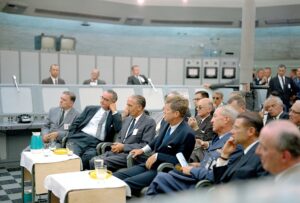How Does Government Function In Society?

The function of government has significantly changed since colonialism was abolished and democracy was established. The role of governments worldwide is changing and becoming more complex as people and society as a whole work to create a better future.
The Government’s Place in Society
When tribal chiefs and early kings ruled, the government followed a laissez-faire philosophy, which meant that the chief king’s primary responsibility was to protect his people and their territories. The tasks that the governing parties were expected to carry out, however, grew more challenging with time. The governments of the Greek, Roman, Harappan, Egyptian, and Babylonian civilizations all possessed extraordinary systems of governance that enabled them to handle any challenges that might have arisen, even in daily life.
Duty in the Military
The responsibility of rulers to defend their subjects from external invasion has persisted throughout history. Since there is no longer an idea of a ruling elite, it is now the government’s job to fill the void that these former rulers left behind. In addition to various new elements, including external affairs, alliances, treaties, and the development of armaments, the military’s responsibilities have also significantly increased. The government’s military responsibilities are of utmost significance since they protect the unity of the country, thereby promoting civilization, economic growth, and social elements.
A civil amenity
Basic facilities like sanitization, hygiene, and a safe environment to live in are necessary for human settlement of a given area or piece of land. Making sure that these public amenities are accessible to the populace falls under the purview of the government.
Education
Any human community has a fundamental need for education, which helps to make people more thinking, intelligent, and sensible. So the government needs to give everyone access to a quality education in order to complete all the components of society. The desire for thought is shared by all members of society, and information provides sustenance for contemplation.
Administration and Justice
Laws of all sizes, from simple unwritten rules like waiting in line for the bus to sophisticated ones like tax laws, are necessary to make order in society. The “judicial function,” as this role is also known, aids in the orderly operation of society. Additionally, it covers how the government interacts with business, as the expansion of the economy necessitates the creation of sound commercial laws.

